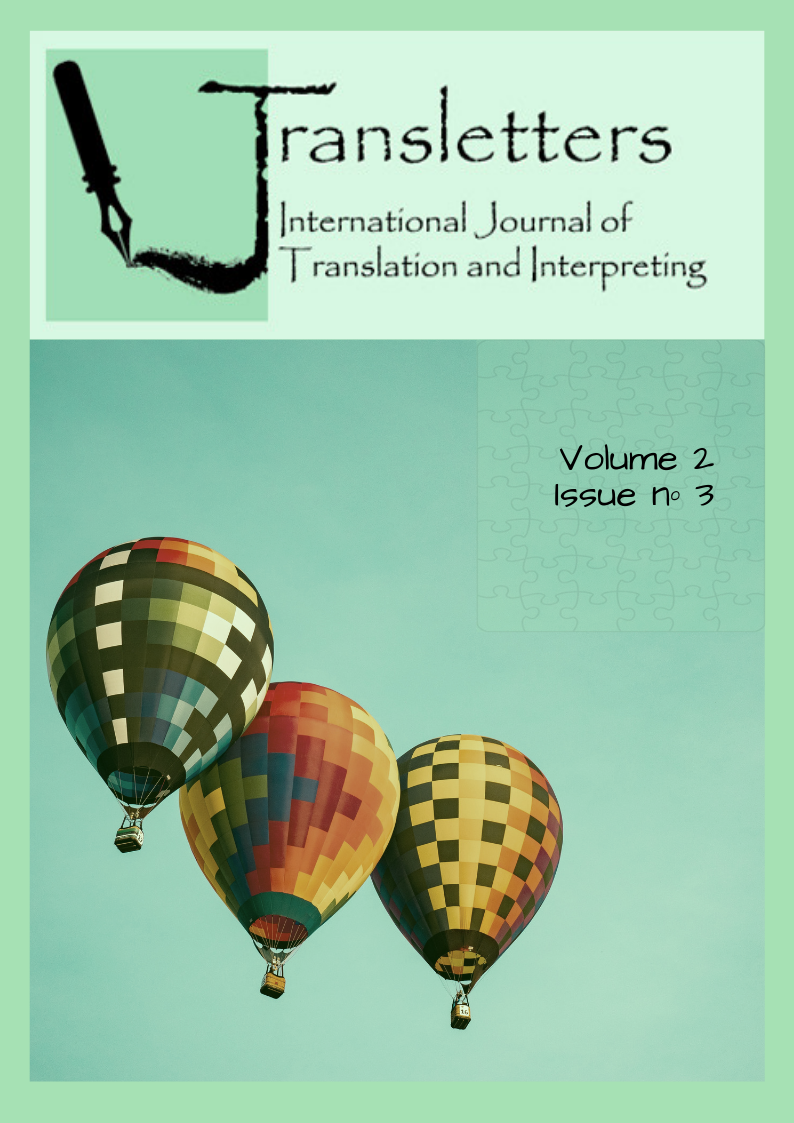Can computer-assisted interpreting tools assist interpreting?
Main Article Content
Abstract
This experimental study explores how a potential computer-assisted interpreting tool affects consecutive interpreters’ performance in accuracy and fluency and their cognitive process during interpreting. It consists of an experiment with ten participants and a follow-up interview with them. The results show that: (1) the tool has improved interpreters’ interpreting accuracy but its impact on fluency is mixed; (2) the tool especially benefits those who have better language proficiency and have had interpreting experiences; and (3) the use of the tool has increased interpreters’ cognitive load insomuch that novice interpreters who have relatively low language proficiency are adversely affected.
Downloads
Article Details
Suggested policy for journals that offer open access
Authors who publish with this journal agree to the following terms:
1. Authors retain copyright and grant the journal the right of first publication with the work simultaneously licensed under a Creative Commons Attribution License, which allows others to share the work with an acknowledgement of authorship of the work and initial publication in this journal.
2. Authors may enter into additional contractual arrangements for non-exclusive distribution of the published version of the paper in the journal (e.g., submission to an institutional repository), with an acknowledgement of its initial publication in this journal.
3. Authors are allowed and encouraged to publish their work prior to the final version published in this journal once accepted (e.g., in institutional repositories or on their website), as it can lead to productive exchanges, as well as earlier and higher citation of the published work (see The Open Access Effect).

